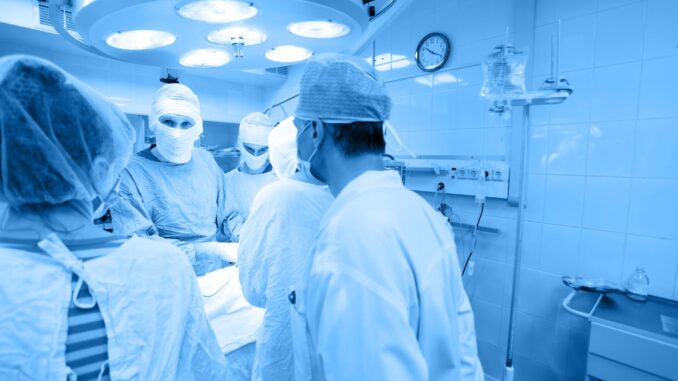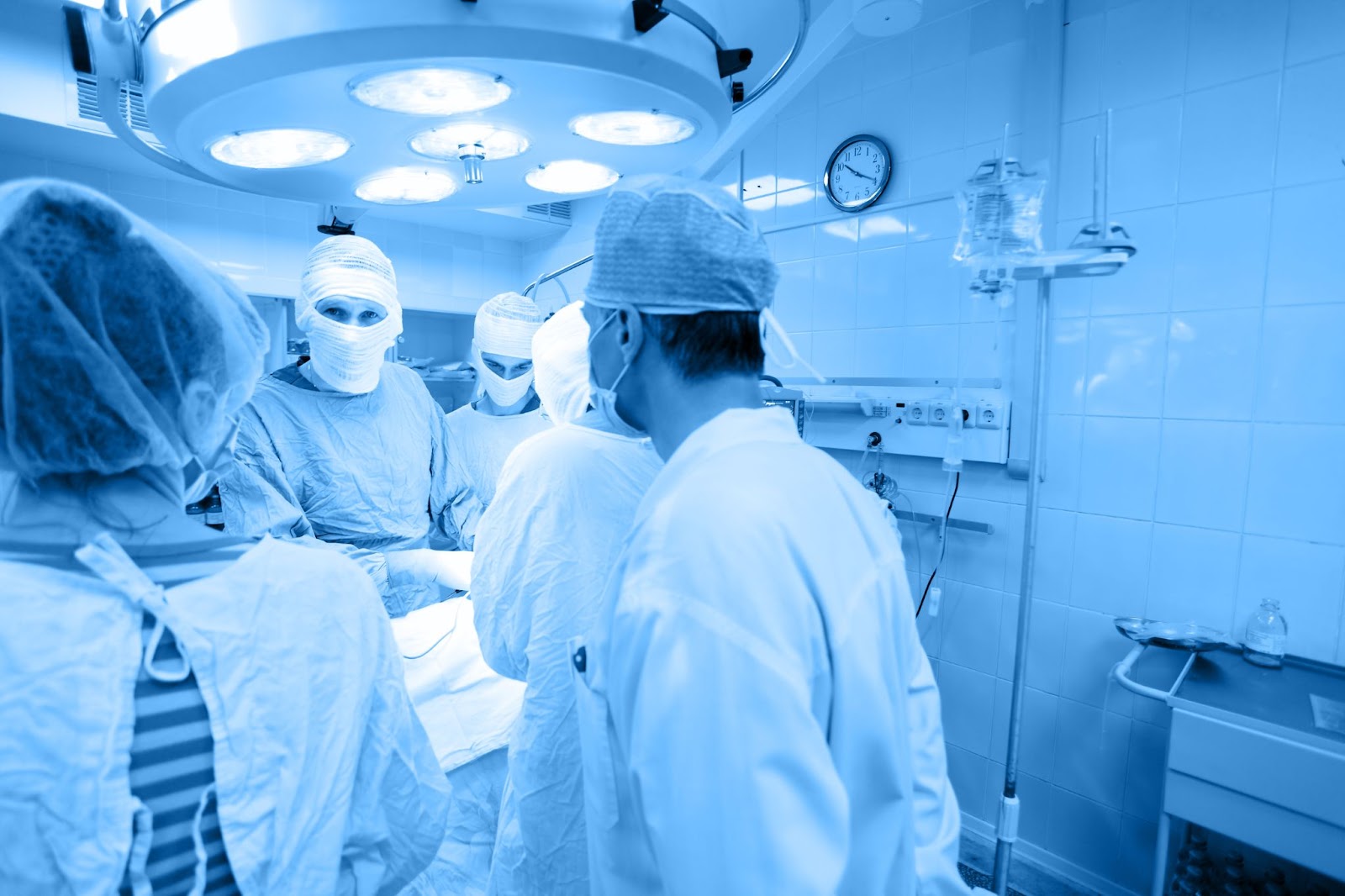
Nobody talks about this, but it is absolutely critical
Unsubscribe | Report as spam | Change email preferences
Unspoken risk of having surgery
Any sort of trauma can cause inflammation.
The older we get, the more likely we are to have elevated inflammation and a decreased ability to clean that inflammation up quickly.
This problem is shown in experiments where older mice undergo minor surgical procedures.
The procedures led to increased inflammation in the brain, even though the researchers were operating on the abdominal area.
The research highlights the importance of reducing inflammation during surgery, even minor surgery, especially in older folks.
The animal experiments were performed at the University of Illinois. This paper was published in Experimental Gerontology.
The researchers were looking into the roots of something called postoperative cognitive dysfunction. This is a technical term given to mental problems experienced after surgery.
Everyone experiences grogginess after surgery, but for older folks, a mental deficiency can persist long after the effects of anesthesia and painkillers have worn off.
“Following surgery, elderly patients often suffer from postoperative cognitive dysfunction (POCD), which can persist long after physical recovery.”
One of the issues is damage caused by tissue during surgery.
Damaged tissue sends out signals and inflammatory mediators.
Those inflammatory mediators can travel right through the body and tell the rest of the body to initiate inflammation.
Harm to any part of the body can inflame the brain.
“It is known that surgery-induced tissue damage activates the peripheral innate immune system resulting in the release of inflammatory mediators.”
This increased systemic inflammation is one reason why even minor surgeries can cause cognitive problems in older folks.
“Compared to adults, aged animals demonstrate increased neuroinflammation and microglial priming that leads to an exaggerated proinflammatory cytokine response following activation of the peripheral immune system.”
The researchers decided to test this idea in their experiments.
“Therefore, we sought to determine if the immune response to surgical trauma results in increased neuroinflammation and cognitive impairment in aged mice.”
They performed minor abdominal surgery in mice and then tested the levels of inflammatory proteins in the brains of those mice 24 hours later to see if they were elevated.
The mice were also put through a memory test before and after the procedure.
“Adult and aged mice underwent minor abdominal surgery, and 24 hours later hippocampal cytokines were measured, and working memory was assessed in a reversal learning version of the Morris water maze.”
The researchers found significantly elevated levels of inflammatory proteins in the brains of older mice after minor abdominal surgery.
“While adult mice showed no signs of neuroinflammation following surgery, aged mice had significantly increased levels of IL-1beta mRNA in the hippocampus.”
Even this minor abdominal surgery was enough to cause some changes in memory and mental function.
“Minor surgery did not result in severe cognitive impairment, although aged mice that underwent surgery did tend to perseverate in the old target during reversal testing, suggesting reduced cognitive flexibility.”
The researchers confirmed that surgery anywhere in the body could trigger brain inflammation, which is far more likely in older animals.
“Overall, these results suggest that minor surgery leads to an exaggerated neuroinflammatory response in aged mice but does not result in significantly impaired performance in the Morris water maze.”
There are quite a number of things that can help to restrain systemic inflammation, reducing the problem exhibited by these experiments.
Optimizing vitamin D levels helps to restrain systemic inflammation. In addition, it has been shown to limit the production of the inflammatory protein identified in this study (IL-1beta).
L-theanine, a compound found in tea, also has proven neurological benefits, reducing brain inflammation.
If you don’t have access to a supplement of L-theanine, then drinking one or two cups of tea per day after surgery might help.
The minerals magnesium and zinc reduce neuroinflammation.
Berries and dark chocolate also help to protect the brain against systemic inflammatory signals.
You should always consult your healthcare practitioner for medical diagnosis and treatment guidance.
—-Important Message About Living Decades Longer without Meds—-
I’m holding a copy of my $29.95 book for you — FREE This explosive book reveals natural secrets to living to 120 WITHOUT Big Pharma treatments
Here’s just a sneak peek of what you’ll discover:
- I’ve discovered something that lowers testosterone in men, causes heart attacks, and increases the risk of stroke and other deadly diseases… it’s the #1 killer that no one talks about…and no, it’s NOT sugar or bread. Most of the people I’ve met who live the longest eat bread and chocolate, and still live a long, healthy life…(page 48)
- Despite their time in the spotlight, Keto and high-fat diets are actually BAD for men… these type of diets make men insulin resistant and increase harmful blood fat in the bloodstream… I discovered that losing weight this way may be the WORST thing men can do and that strenuous exercise makes blood fat worse…but then I found a better, safer way for men to lose weight and reduce harmful blood fat, and you don’t even have to get up off the couch to do it…(page 290)
- Another one of my discoveries comes from the longest living men on Earth… they eat these 2 secret foods to live to age 100 and beyond… and some of these men still smoke cigarettes, drink alcohol, and eat sweets — so what’s their secret? I’m revealing it now, and it will allow you to reclaim your youth and vigor…(page 280)
- Believe it or not, I’ve found that a certain type of intercourse can add decades to your life… I know it sounds strange, but this certain way of approaching sexual intercourse produces the most pleasure… and I’ve discovered that if you do it this specific way, you can have terrific “rockiness” that last for hours and feel extreme sexual pleasure all over your body…(page 347)
- Did you know the secret to better erections is better blood flow? I developed a “roto rooter” for your arteries that removes built-up plaque. This restores the arteries’ flexibility, and creates better blood flow all over the body, especially to the penis… resulting in thicker, more engorged “rockiness” and better sexual performance…(page 139)
- And so much more…
———-




